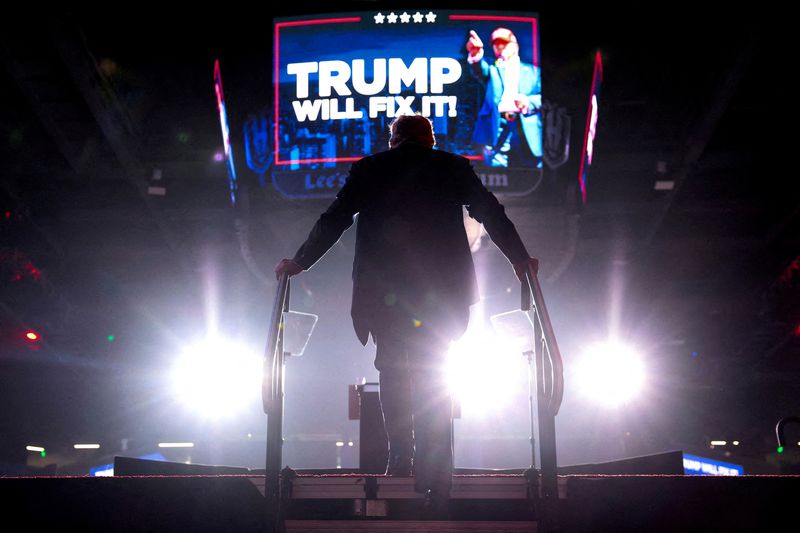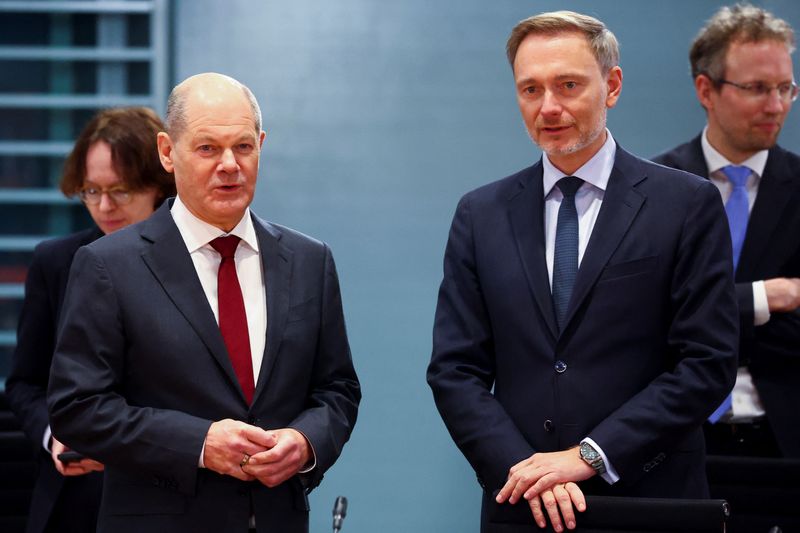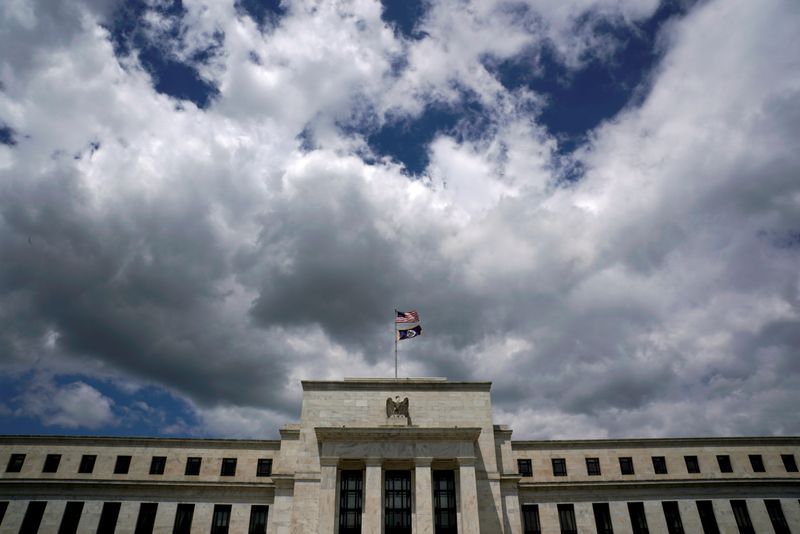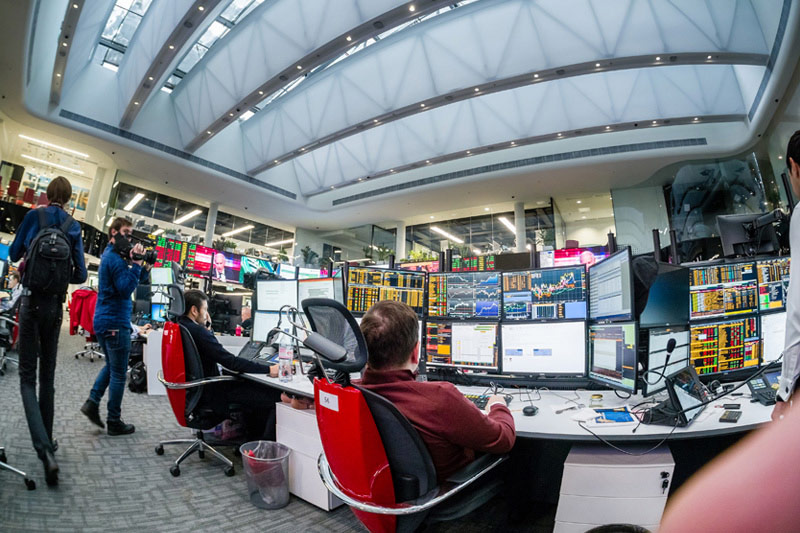Column-Politically toxic inflation may curb Trump agenda: Mike Dolan
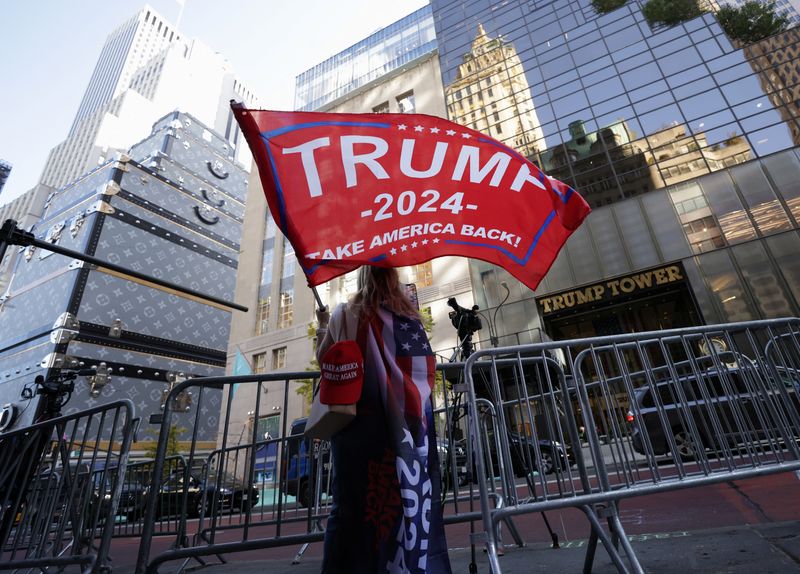
By Mike Dolan
LONDON (Reuters) – If inflation is as politically toxic as this week’s resounding U.S. election result suggests, the presumed impact of his economic policy proposals should make President Donald Trump hesitate on his return to the White House.
The scale of the Republican candidate’s comprehensive victory laid waste to pre-election polling and predictions of a tight state-by-state battle. And it left many wondering why a still-booming economy near full employment counted for so little in appraising the incumbent Democrats.
After all, the state of the economy was cited as the most or second-most important issue for the majority of voters in exit polls released on Tuesday.
But when voters said “economy”, it masked the emphasis on “inflation”. Many Americans still appear to blame the Democrats for the years of high inflation that squeezed household budgets following the pandemic, even though that inflation rate was clearly exaggerated by global events and has fallen back sharply this year.
But as is always the case with inflation, containment doesn’t reverse prior price gains. It merely slows the pace of their onward march. The broad consumer price index is up more than 20% over the past four years. And there is also research showing that consumption baskets adjusted for households in the lowest two income deciles are up almost twice that, substantially outpacing their wage gains.
That’s not to say inflation, or even the economy at large, was the only reason for Trump’s win. But Edison’s exit polling data showed 45% of voters across the country said their family’s financial situation was worse today than four years ago, compared with just 20% in 2020.
And the economy was also the most routinely cited explanation for President Joe Biden’s persistently low approval ratings for much of his tenure.
So as successful as the disinflation process has been over the last year and as strong as the economy appears otherwise, the political damage to the Vice President Kamala Harris’ bid appears to have been done long before she entered the race.
UNFORGIVING
Considering the public’s unforgiving inflation aversion, it seems odd then that voters opted so strongly for a proposed agenda that many economists assume will spur inflation once again.
Trump’s sweeping global tariff proposals and looser fiscal policy – if implemented – are widely expected to rekindle consumer price rises.
“A blanket 10-20% implementation of tariffs on all trading partners by a Trump administration and a minimum of 60% import tariffs on China would likely be inflationary, both on producer prices and on consumer prices,” said Zehrid Osmani, portfolio manager at Franklin Templeton’s Martin Currie unit.
What’s more, Trump’s draconian anti-immigration stance could add more fuel to prices by tightening labor markets once more and spurring wages.
“The most inflationary aspect of Trump’s program is his desire to withdraw millions of immigrant workers from the job market, which is already under pressure,” said Edmond de Rothschild AM’s Michael Nizard.
And financial markets reflect these concerns. U.S. Treasury bond yields surged following the election result on Wednesday, and one-year inflation swaps rose more than 10 basis points to top 2.6% for the first time in more than a year.
In response, futures markets started pricing in one fewer Federal Reserve rate cut next year, and the dollar soared – likely to the chagrin of soft dollar advocates like many on Trump’s team.
COOL THE ENGINES
But given the potentially dire political consequences of aggravating inflation, might Trump’s re-flationary agenda be tempered once reality sets in for the new administration?
Some think that may just be what will happen and are cautioning financial markets to cool their engines for now.
“There is the potential for Trump to not walk the talk,” said Martin Currie’s Osmani.
And Eurizon SLJ’s Stephen Jen also doubts we’ll see much of the Trump tariff plans, given the impact on “the single-biggest complaint the voters have”.
“If inflation has proven to be so politically poisonous, why would Trump knowingly repeat the exact same mistakes he is accusing the Biden administration of having committed?” Jen wrote on election eve. “It makes zero sense to me.”
Trump 1.0 has a track record on that, however, even if the broader economic backdrop in 2016-2020 was very different from what we’re seeing today.
Whatever eventually happens, inflation has proven itself to be an uncomfortable political bedfellow – and politicians home and abroad may now be far more cautious about re-awakening it.
The opinions expressed here are those of the author, a columnist for Reuters
(by Mike Dolan; editing by David Evans)
